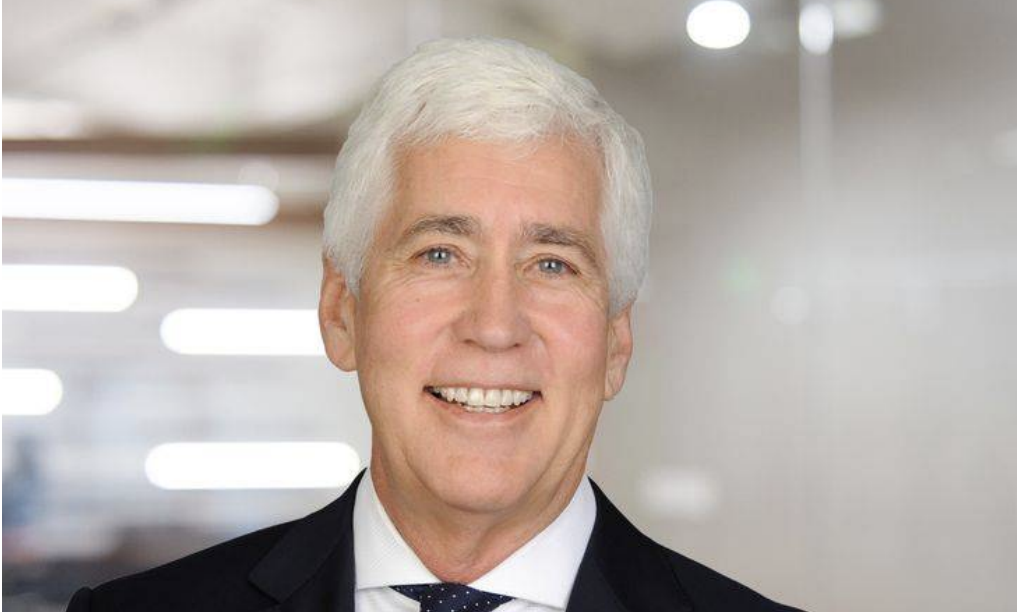IRVINE, CA – Karl Lindegren, partner and co-chair of Fisher Phillips’ Irvine, Calif.-based litigation practice has some advice for construction clients who are looking to navigate the COVID-19 liability maze. First on the list; Name someone at the company who will specifically track all rules, regulations, and recommendations of the evolving coronavirus liability laws.
It could be a safety coordinator, government affairs liaison, or an in-house counsel, but you need to find an employee who has the ear of company executives. “You’ve got to have somebody responsible for coordinating the response,” Lindegren says. “That’s probably the surest way to prevent liability. All of the laws so far have a safe harbor if you act with diligence and try to comply as best you can. If you have one person in charge, it can show the steps you took to comply, and that alone makes you look more reasonable than just having a patchwork approach.”
Third Thursday sat down with Lindegren to get a better sense of how clients can avoid liability during a pandemic/post pandemic world.
Third Thursday: What is the current level of clarity in virus liability laws and/or guidelines?
Lindegren: It’s even more confusing. I think the big issue now is with the CDC and the mask guidance and guidelines being kicked to the states and then being kicked to local areas. Having somebody monitoring this is critical.

Third Thursday: Are there some real-world examples you’re dealing with now?
Lindegren: I’ve got clients in Las Vegas who are now asking; What do we do? The casinos largely have said, ‘Well, it’s the honor system. Come on in.’ In my mind, this is an indication that we’re less likely to get some kind of global/national provision regarding liability—unless we start to see a lot more litigation. It depends what happens. If we have a resurgence of COVID, I think Congress is going to have to deal with it. At this point, if you get everybody vaccinated and we’re opened up, I think peoples’ attention is going to turn to something other than mass tort litigation.
Third Thursday: Acknowledging all the uncertainty, what’s a good piece of advice to tell clients?
Lindegren: If you think you’re going to have a get-out-of-jail-free card by ignoring the guidance, you’d be mistaken. Keep your employees safe. What’s going to get confusing is that the CDC has said, ‘Now we don’t need to wear masks. We’re going to trust the public.’ What does that mean for employers? Requiring vaccines? In construction you are less front-facing with customers, but you’ve got other people on the job site. Is the general contractor going to insist that everybody on the job site be vaccinated? I don’t know what people are going to do. I could certainly see that as one way to go. Take it out of politics. That’s probably what we would do. If we end up getting mandatory vaccinations, which I don’t see Congress ever saying—that would be the safe harbor.
Third Thursday: Is there anything analogous to this situation that you can think of?
Lindegren: The thing that keeps coming to my mind is all of the asbestos litigation. It’s not really analogous, but it’s something that stayed with us forever. Once we knew that asbestos was bad; How did we react? What did we do? It really changed the paradigm. In my experience of watching mass torts, that’s something that’s been around a long time. When I was a summer clerk in 1984, the law firm I worked for was handling asbestos litigation. They were building special courtrooms. It was crazy. No one had ever dealt with something that large in terms of exposure.
If you get COVID on a construction site—what are the effects on that person in five years? Are we going to see ads on TV asking if you had COVID and also about the long term side effects? Hopefully not. If I were an employer, I would want to be doing everything I possibly could to keep my people safe. That hasn’t been made any easier now because the federal government has put it on the states.
Third Thursday: How likely is the federal government to come out with a policy?
Lindegren: It’s tea leaf reading. Congress could, but I doubt that they will. Things would have to get really bad. I think we’re going to end up with a patchwork like we’ve seen on a state-by-state basis, especially if we’re coming out of the pandemic. The other place where you may see some legislation would have to do with workers’ comp. You saw in some states like California that there was a presumption that it was covered by workers’ comp if somebody got it. It really comes down to how are we going to fund, if there’s long term health effects or a resurgence?
Third Thursday: Was that presumption correct in California?
Lindegren: It put the burden on employers to prove that they didn’t get it [COVID] at work. The driving force behind it was we wanted people to get treatment, but if you are a workers’ comp carrier you don’t want to be paying for all the medical treatment.


